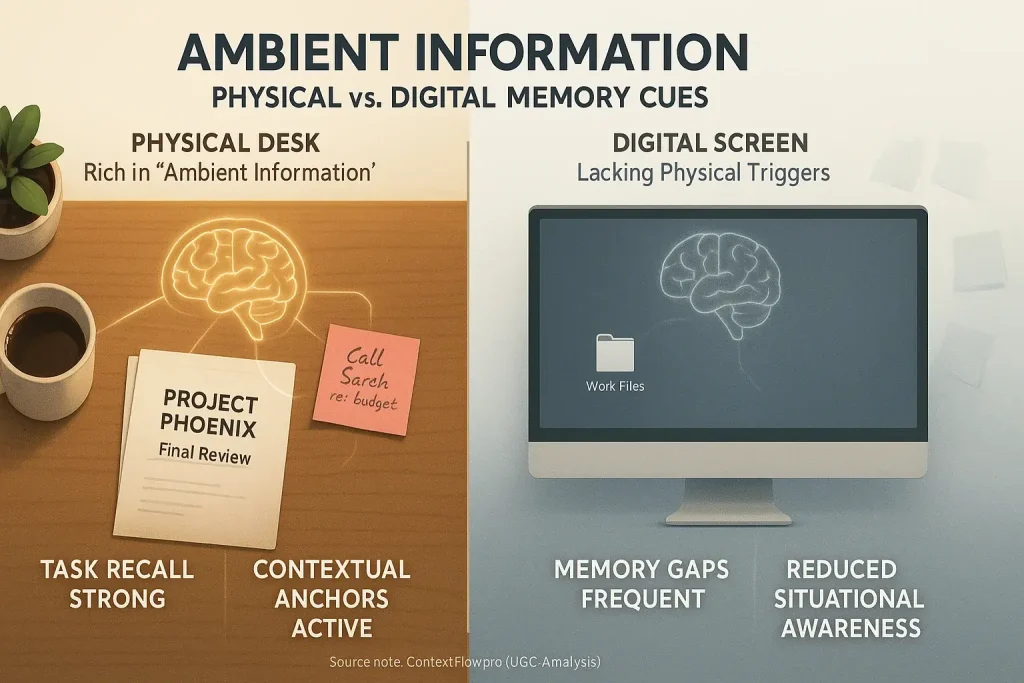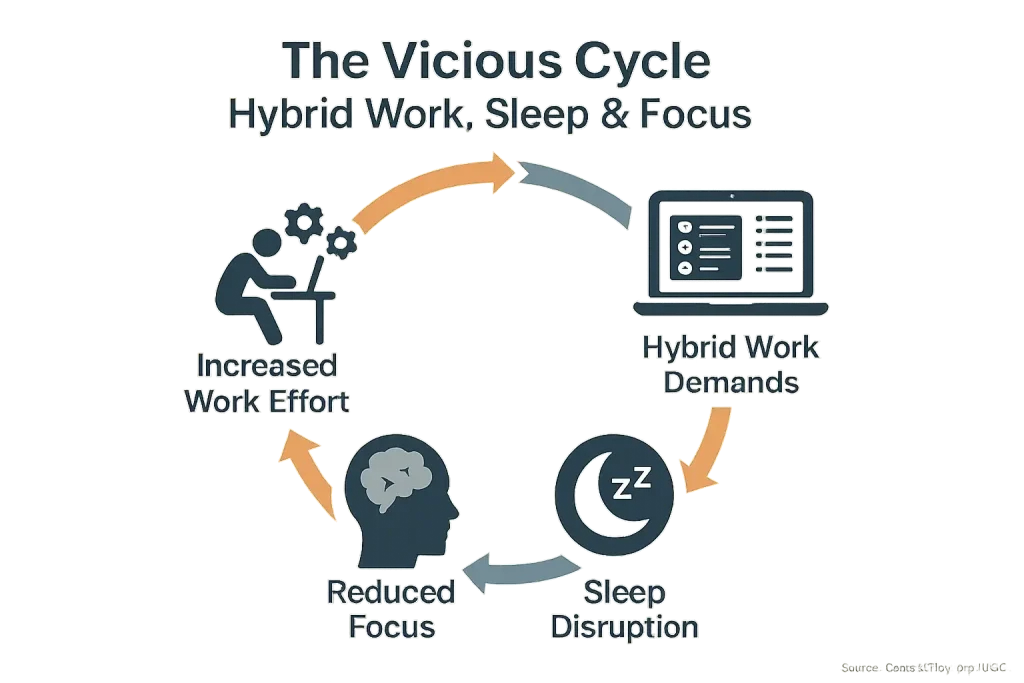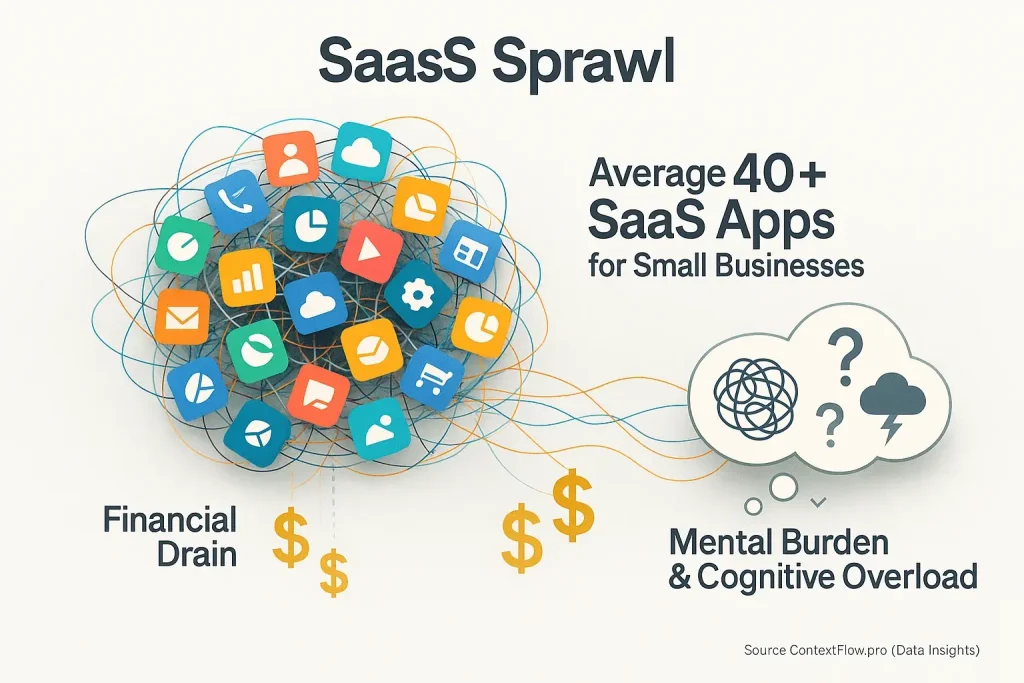The Performance Paradox: Why Old Metrics Fail in Our New Hybrid Reality
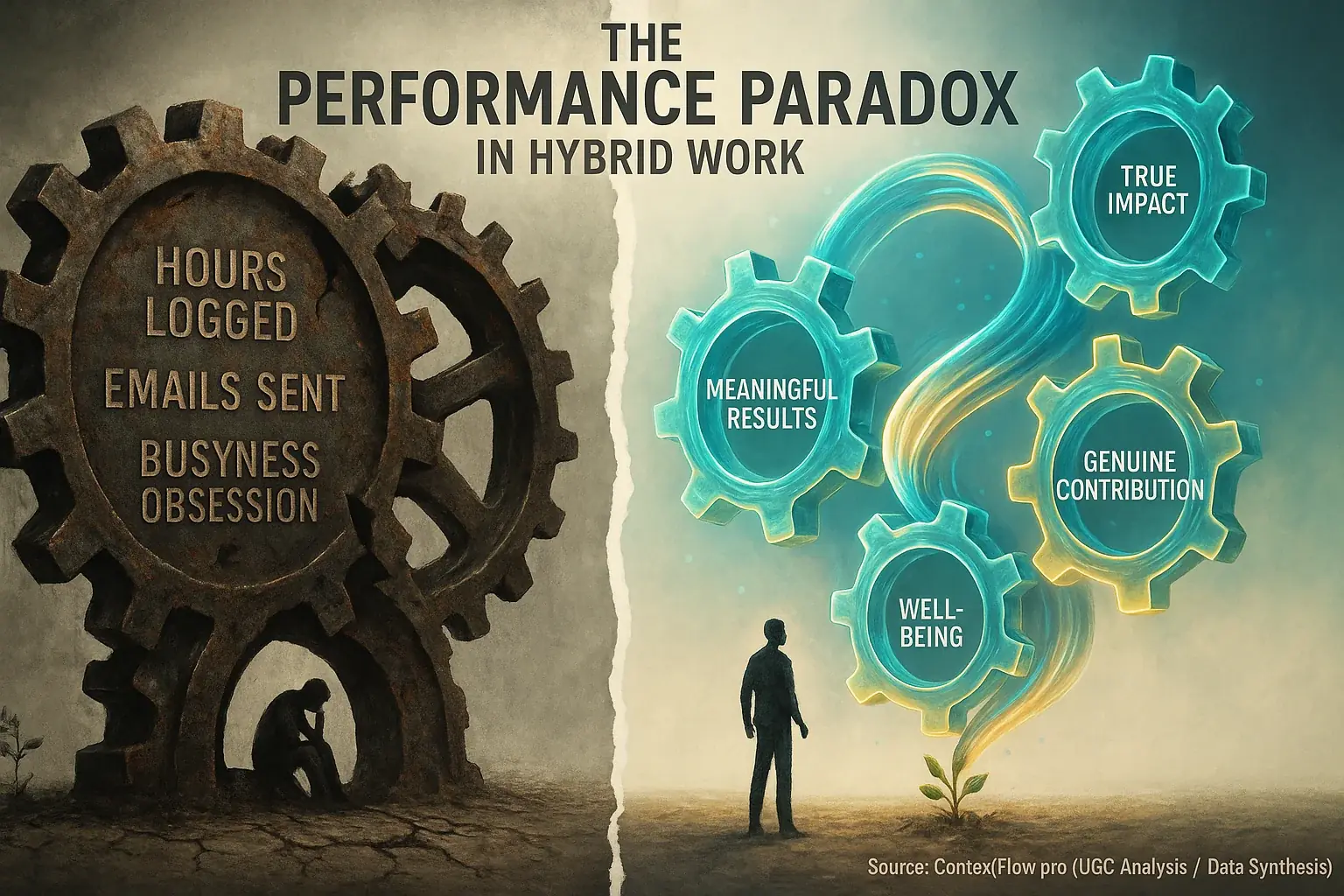
Are you still measuring hybrid success with last decade's ruler? Many companies are. Traditional performance metrics often misjudge hybrid work realities. What signaled productivity in fully co-located offices frequently falters. It can even backfire within new hybrid work structures, user experiences confirm.
The core problem? Old metrics predominantly value 'busyness,' not impact. They rarely gauge true output in distributed environments. Managers, accustomed to visible presence, might track hours logged online. Or they count emails sent. Users report this fosters a culture of performative work. Employees feel pressure to appear constantly active, not necessarily to achieve meaningful results.
This fundamental metric mismatch breeds deep frustration. Hybrid workers across countless forums express feeling misunderstood. Their genuine contributions often go unrecognized by outdated systems. This is an unspoken truth emerging from our analysis of user feedback: their efforts feel devalued. It is time to seriously rethink hybrid work success. What does genuine achievement truly look like now?
Activity Traps: What Users Say About Metrics That Miss the Point
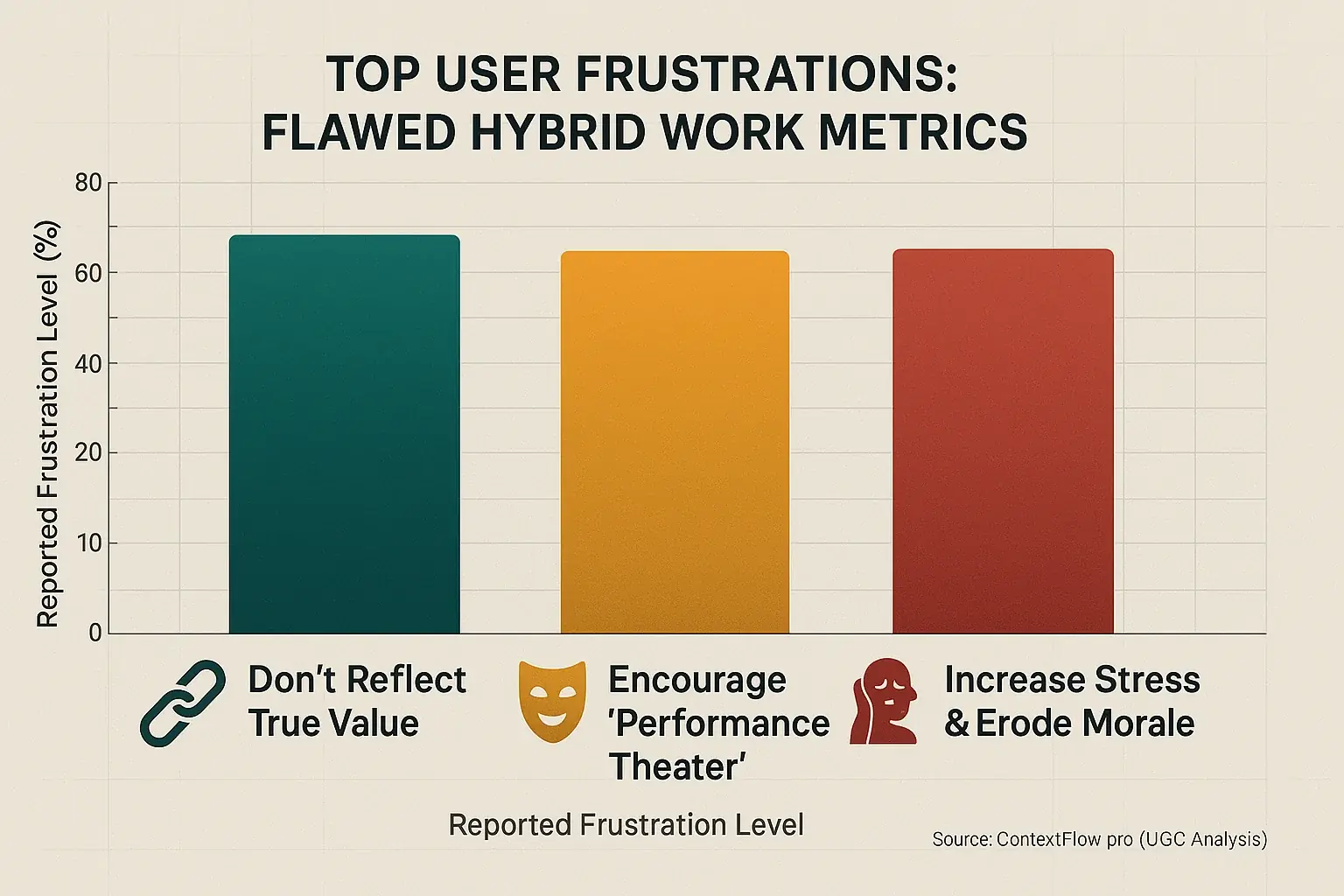
Traditional activity metrics consistently fail hybrid workers. User experiences confirm this. Imagine your value judged by email volume, not by your project's success. This is a widespread frustration. Such metrics rarely capture true productivity or delivered value.
These flawed metrics incentivize 'performance theater', not genuine output. Professionals describe intense pressure to appear constantly active online, fostering superficial tasks. Real work suffers. Meaningful outcomes yield to visible, often trivial, online activity.
This focus on superficial activity erodes employee morale. Trust quickly vanishes. When managers prioritize keystrokes over contributions, employees report feeling devalued and intensely micromanaged. This path cultivates disengagement, a problem detailed further in our discussion on micromanagement myths.
Activity-based metrics fundamentally misunderstand deep, focused work. Deep work demands concentration. It seldom translates neatly into constant online visibility or a high tally of completed micro-tasks. True hybrid productivity thrives on outcomes, not countable actions.
The Outcome Revolution: Why Hybrid Workers Thrive on Results, Not Hours
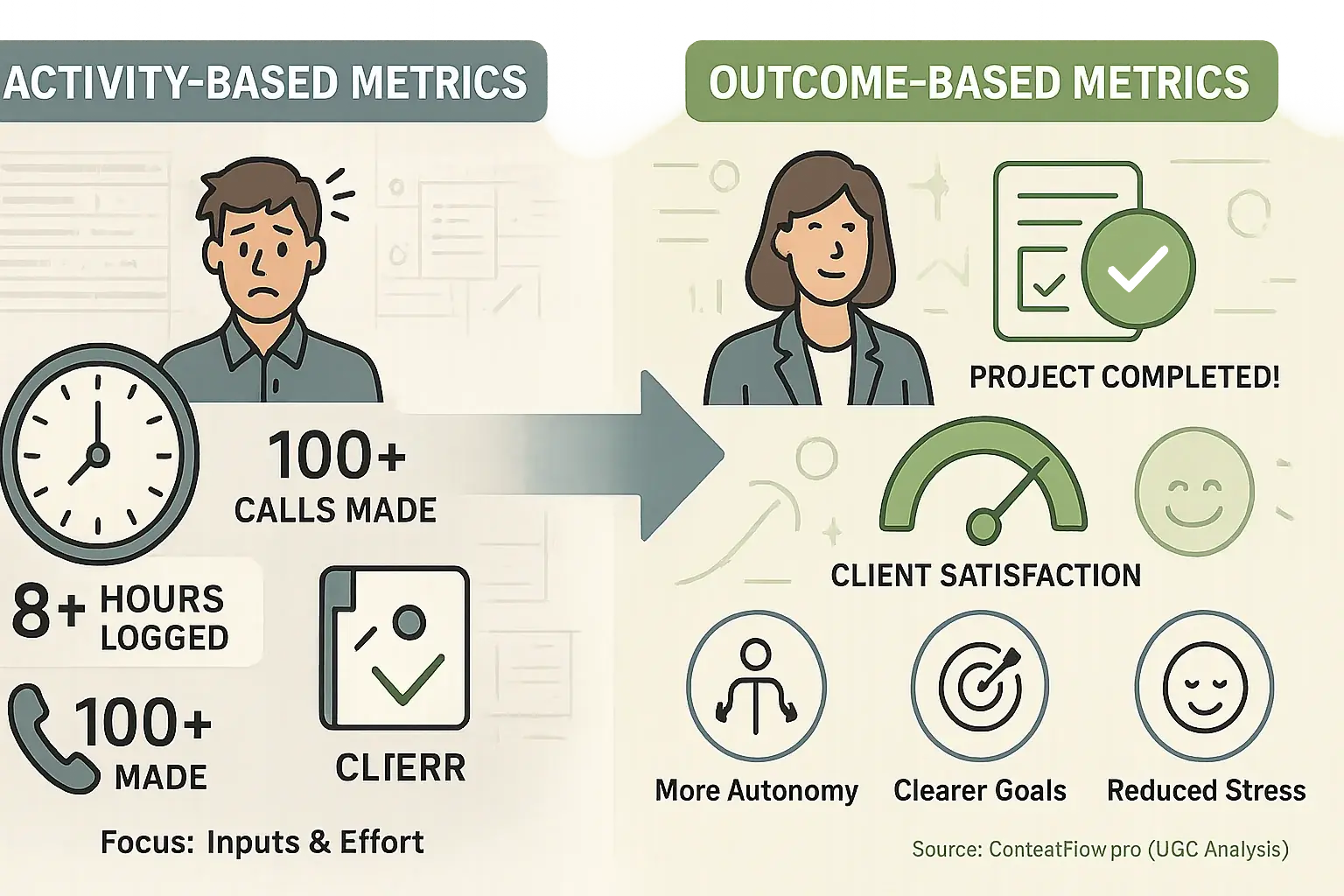
Imagine a world. Your value is not tied to logged hours. It connects to the tangible results you deliver. Hybrid workers crave this precise world. They thrive within it. Outcome-focused Key Performance Indicators represent this powerful, user-driven revolution.
Users consistently report greater empowerment. They feel less stress. This happens when performance measurement uses completed projects, achieved goals, or positive client feedback. The mindset shifts profoundly. Focus moves from merely "doing" to genuinely "achieving." This is the change teams demand.
Clear goals are essential. Flexible execution helps. Hybrid workers then optimize their environments for focused effort. Deep work becomes truly possible. This means less context switching. Output becomes more impactful. Our UGC analysis confirms this widespread experience.
Outcome metrics align perfectly. Hybrid work models embrace this synergy. Individuals choose their best work times. They select optimal locations for their tasks. This system builds on trust. It values real contributions. The impact? Substantial productivity gains and improved wellbeing for many.
Trust, Not Timesheets: Building a Performance Culture That Works for Hybrid
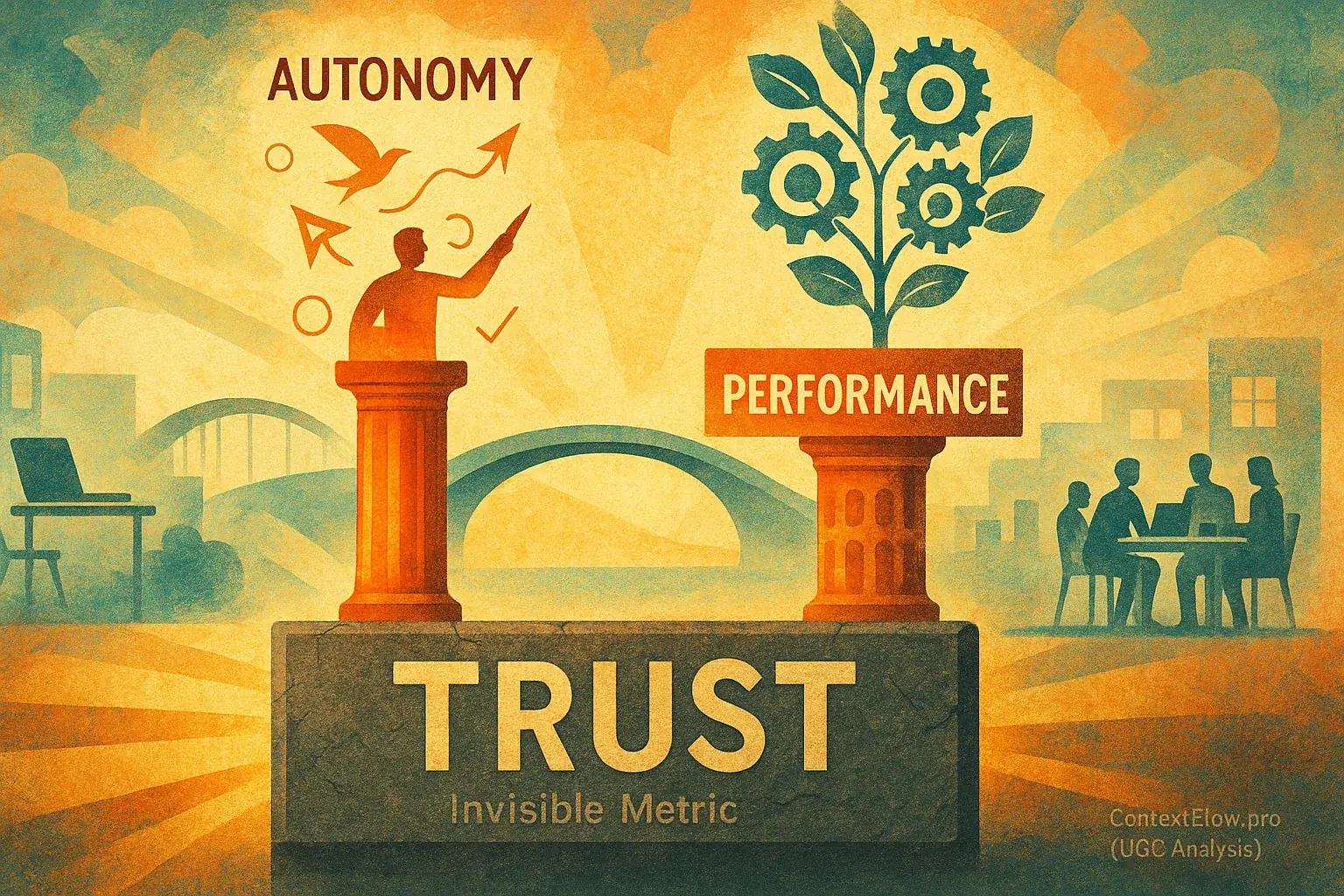
The heart of any successful hybrid team is not a complex tracking system. It is something far simpler. Trust. Users consistently tell us this. It is non-negotiable. Trust acts as an invisible metric. It underpins all successful hybrid performance. Traditional views often overlook this critical element.
Leaders trust their teams to deliver outcomes. Employees feel respected. This autonomy fuels motivation. It builds a sense of ownership. This impact surpasses any strict time-tracking. Many professionals confirm this shift in perspective.
The opposite approach involves constant monitoring. Micromanagement kills this essential trust. It signals a lack of faith. This leads to resentment. A drop in genuine productivity often follows. User nightmares detail these effects. Explore 'myth-micromanagement-boosts-hybrid-productivity-user-nightmares' for more on this.
A culture built on trust empowers teams. They self-organize effectively. They achieve better outcomes. Location matters less. This is the power of real autonomy.
Your New KPI Playbook: User-Approved Metrics for Hybrid Success
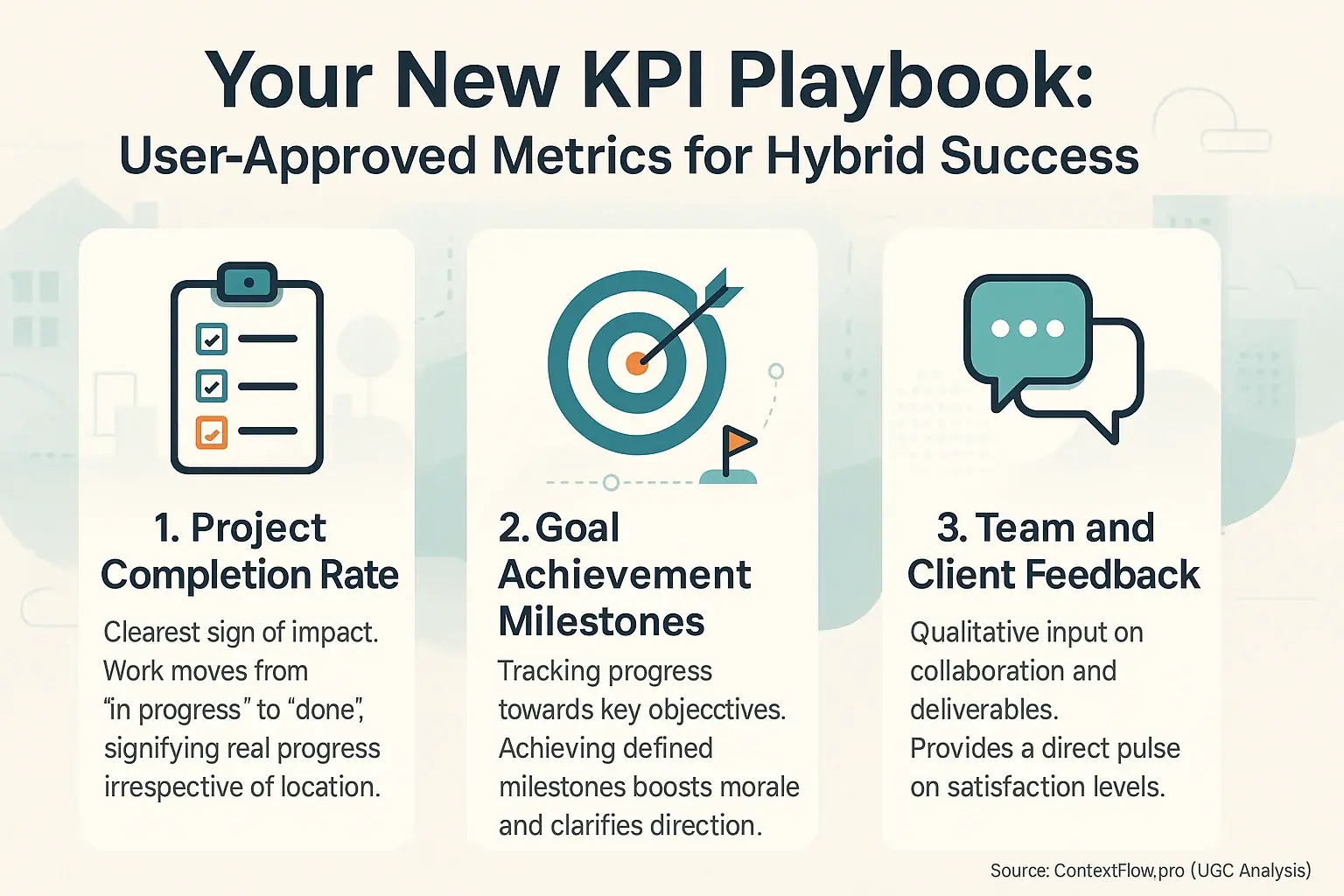
So, what should we be measuring? Our deep dive into user experiences reveals a clear playbook of metrics. These metrics define real hybrid work success. Traditional activity tracking often misses the mark. Hybrid teams need indicators reflecting true contribution and impact.
User discussions highlight several outcome-focused performance indicators:
- Project Completion Rate: Users emphasize project completion as the clearest sign of impact. Seeing work move from 'in progress' to 'done' signifies real progress, irrespective of work location or timing.
- Goal Achievement Milestones: Tracking progress towards key objectives is vital. Users report that achieving defined milestones boosts team morale and clarifies direction. This makes collective success tangible.
- Team and Client Feedback: Qualitative input offers invaluable insights into performance. Users highlight regular feedback on collaboration and deliverables. It provides a direct pulse on satisfaction levels.
These metrics track progress towards shared goals, not just busywork. This clarity helps teams stay aligned. Even when working asynchronously. Outcome-driven KPIs boost motivation. This shift is powerful. Ambiguity around expectations diminishes. Clear targets achieve this.
Managers should adopt these user-centric measures now. They provide an accurate performance picture for hybrid teams. Employees feel more valued when judged on tangible results. Focus on what delivers. Success follows.
Ready to Rethink Performance? Your Hybrid Team Deserves Better
Old metrics often fail hybrid teams. Activity-focused measures frequently miss the mark in dynamic work settings. These outdated approaches can generate more friction than they resolve. User experiences highlight this mismatch.
True hybrid success demands a focus on trust and outcomes. Measuring genuine impact, clear results, and tangible contributions becomes paramount. This shift empowers individuals significantly. It also cultivates a healthier, more productive work culture.
Leaders must adapt their thinking. Rethink performance measurement for hybrid environments now. Your hybrid teams truly deserve a system reflecting their unique value. Adopting modern metrics drives future success.



